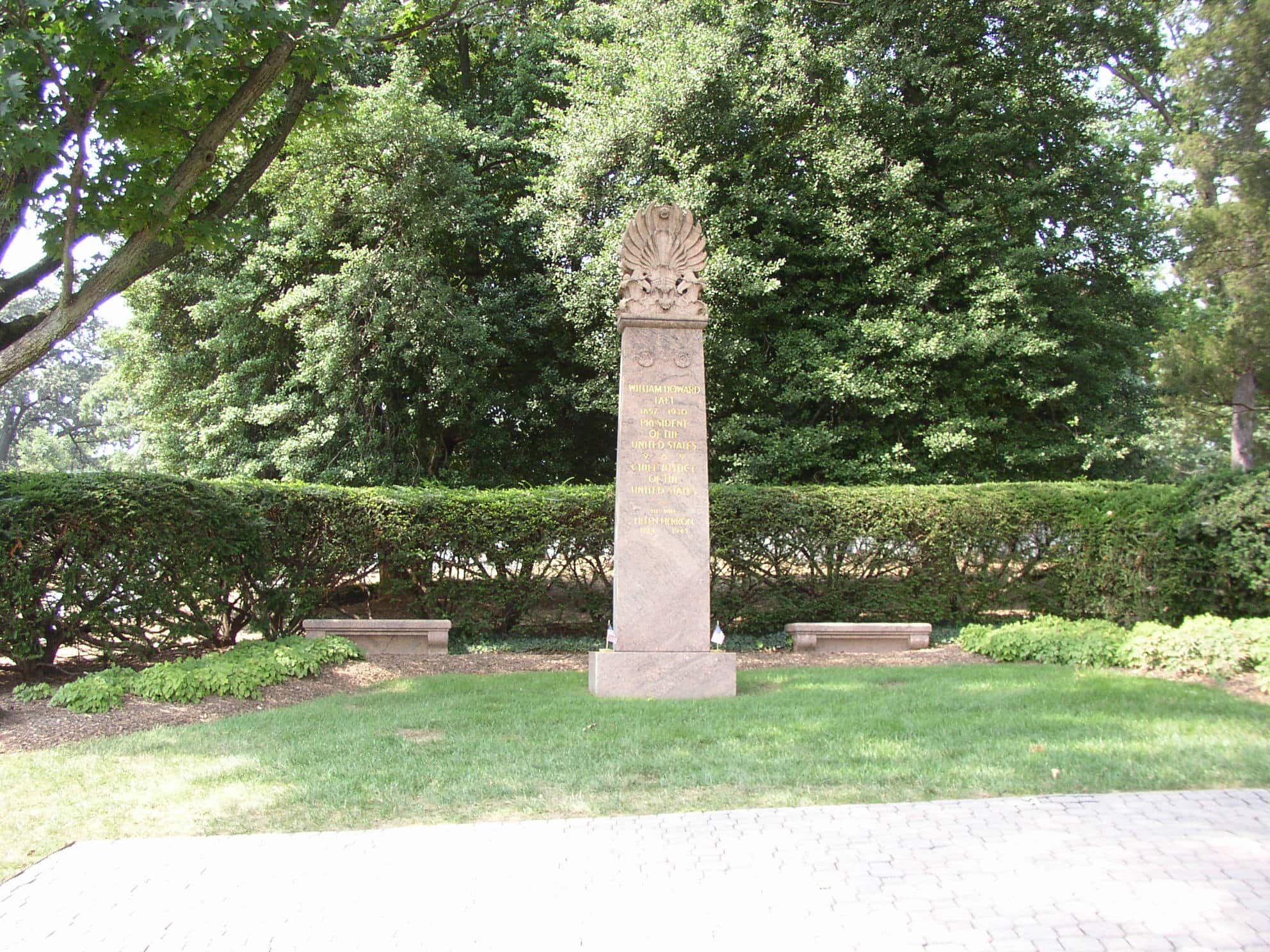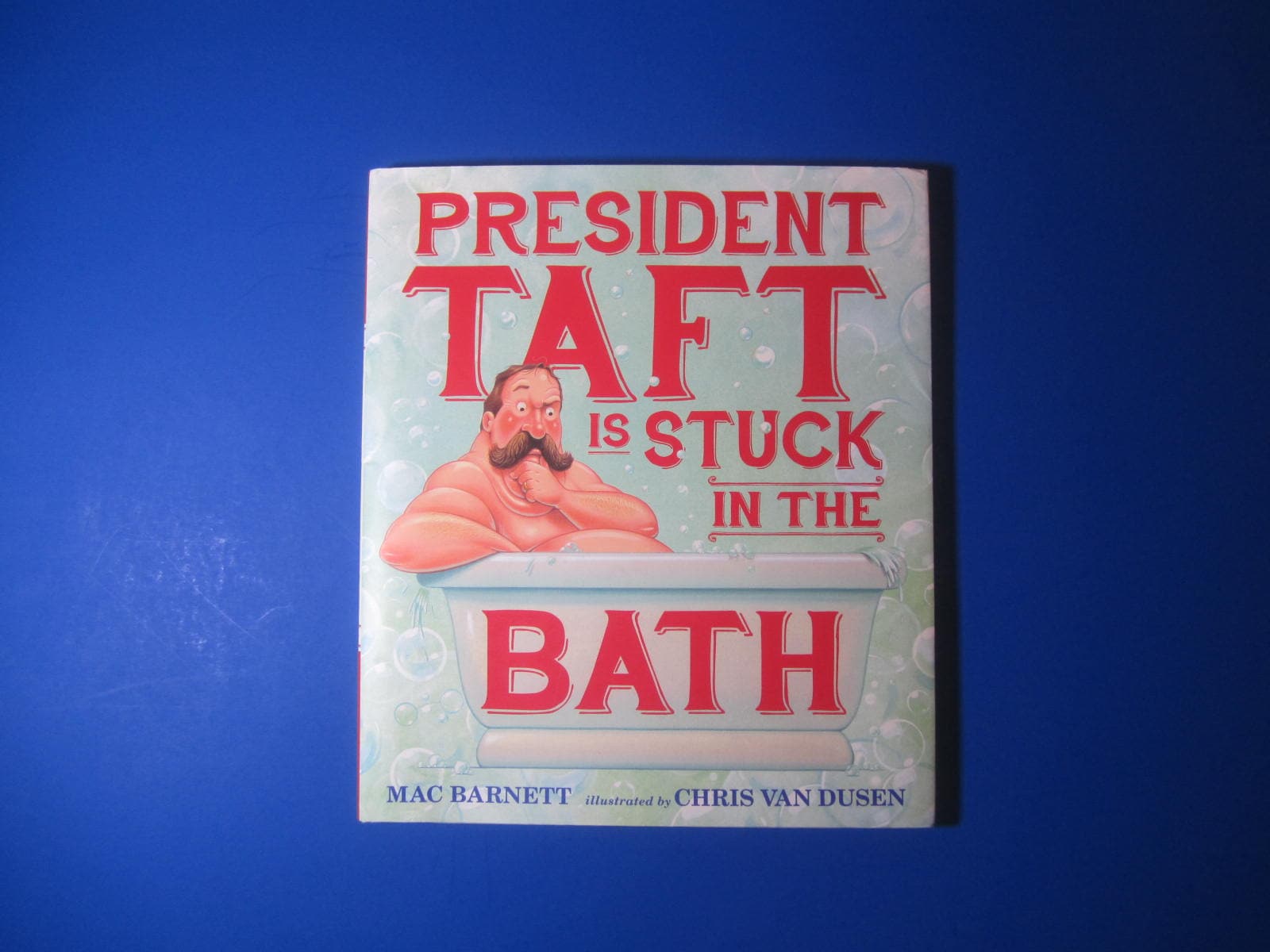You be the Judge
I think one of the hardest things to do in life is to be something you are not. Another close companion to that is trying to be something someone else wants you to be. In both of those cases you are always guessing what you should do or should be. Speaking as someone who has been quite experienced in these matters, it’s a lot easier to just be who you are.
When I was younger, both my Mom and my Dad encouraged my interest in history. Like most good parents, they went out of their way to find ways to make my interest grow. One of the tools they used was trips. Whether it was on a vacation, a weekend, or a day trip, there was usually some historical stop along the way.
My father went even further. My father got me started collecting US postage stamps. We not only collected these stamps, but he would have me read up on the history of why they were issuing the stamp. In those days, postage stamps were a lot different. They didn’t usually issue stamps for cartoons, hobbies, celebrities, or causes. You had to really do something or it had to be a remarkable event to get on a stamp.
As I got older, I almost tried to hide my interest in history. I definitely saw how people made fun of stamp collectors, so there were very few people who knew I had that hobby. Very few of the girls I knew were interested in history, so I purposely would avoid letting historical facts slip out around them.
Little by little, history slipped into the background of my life. Soon, in order to fit in, I started taking an interest in whatever everyone else was interested in. It even got to the point that I would do some things I wasn’t interested in at all. In no time, I was only doing what everyone else wanted to do. Wayne was slipping away and no one was even noticing.
I have found that most people like talking about themselves. Try it. Find something you want to share with someone, but don’t share it. Every time the person close to you gets close to what you want to share, switch the subject to something about them. Ask them questions about themselves or something you know they are currently involved in. In most cases, you will be able to walk out of that conversation without sharing a thing. Welcome to Wayne’s world, or former world.
When you rarely share your identity, you soon lose it. The other strange part of that equation is that those who you took so much time getting to know start to get bored with you. You’re always there and you have pretty much heard all their stories. You know that person so well that you start to know which direction the person is going to step next. The other person becomes predictable and once they realize you have figured them out, they don’t try to get to know you, they start looking for others who will be more “surprised” by who they are.
Now your personal “sacrifices” (only being interested in them) aren’t appreciated. They have no real ties to you since you really haven’t shared who you are with them. You start getting really upset with yourself. Why don’t people want to get close to you? What are you supposed to do?
What I did figure out was that I needed to find a friend, a real good friend. I needed to find someone who enjoyed being around me. But where could I find someone like that?
After much soul searching, I finally found someone who took an interest in the things I was interested in. I found someone who was happy to be around me. I found someone who had fun doing the things I thought were fun. I found someone who help me rediscover things, like history, that I use to be interested in. I found someone who was comfortable around me. That person was me.
He just loved being a lawyer. Unlike most of the lawyer Presidents, he loved the law, not for the political opportunities it could bring, but because he just loved the law. For someone who loved the law, like he did, the next big step wasn’t becoming a politician, it was becoming a judge.
Maybe one of the reasons he loved the law was that his Dad, Alphonso, was once the Attorney General under President Grant. His passion got the best of him and by the time he was in his twenties, he was already a judge. He was appointed to a vacancy on the Superior Court of Cincinnati. When that term was over, it was up to him to run for the position on his own. He would win that election and its five year term. It was the first, of only three elections, he would ever run for. The other two elections were when he ran for President.
A vacancy became available on the Supreme Court. He petitioned Governor Foraker to put in a good word for him with President Benjamin Harrison. He was just thirty-two years old, so that probably played into his not even being considered. Instead, President Harrison appointed him Solicitor General of the United States. He may not have gotten on the Supreme Court as a judge, but now, at least, he would be the lawyer who argued the United States’ opinions before the Supreme Court. He would win fifteen of the eighteen cases he would argue before the Supreme Court.
But he really wanted to be a judge. President Harrison would eventually grant him his wish. There were newly created judgeships for each of the United States Courts of Appeals. He would be assigned to the Sixth Circuit, which was based in Cincinnati. This Federal judgeship was a lifetime appointment. Now he seemed to have found his dream. It was usually from the Federal bench pool that a Supreme Court nominee was usually picked, too.
Another Supreme Court opening occurred under President McKinley. He wasn’t even considered for that one. McKinley had other plans for this judge. He wanted the judge to be on a commission that would organize a civil government in the Philippines. Everyone, including his wife, encouraged him to resign his judgeship and take the much more political position. Sadly, the judge gave up the seat he loved and did what everyone else wanted him to do. He would eventually become the Civil Governor of the Philippines.
When President McKinley died by assassination, Teddy Roosevelt became President. Another opening happened on the Supreme Court and Roosevelt want him to fill the spot. The judge didn’t feel his job was finished in the Philippines, so he turned down the offer. Surely he must have felt that his Supreme Court options were running out. The following year, Roosevelt asked the judge to become his Secretary of War. He accepted that position.
Teddy Roosevelt saw so much potential in the judge and he decided he would take on the role of mentor to the judge. Roosevelt felt he could “mold the judge in his own image.” So when Roosevelt decided he didn’t want to be President anymore, he threw all his support behind the judge, his protege. Roosevelt’s huge popularity assured the judge was elected President. Now the judge, who never wanted to be a political figure, was President of the United States.
He was one of those Biblical characters we seem to have cheered on since his childhood. Underdogs fascinate us. We cheer them on. We want them to win over all the bad that surrounds them. We hurt when they have setbacks. We cry when they get hurt. Our hearts jump for joy when they have victories.
As quickly as our child comes on the scene, he seems to disappear, like so many Bible characters before him. Then he pops up once again, just before he becomes a teenager. Just as quickly as he reappears, he disappears again.
It seems like it is a long time before we hear from our Bible character again. By now, he is a man. In fact, he reappears on the scene at just about the time most of us start getting thoughts about no longer being young. Yes, he is headed into his thirties.
This very good Biblical man seems to have run-in after run-in with the authorities. The strangest part of this trouble isn’t from the bad things he is doing. No, it is the good things that he is doing that gets him into trouble.
It seems the more trouble he gets in, the more popular he grows. Everywhere he goes there is a crowd. They want to be near him. They want to touch him. They want to hear him. It is not only his deeds that touch them, it is also his words.
Two of the saddest events of William Howard Taft’s Presidency had to be his having to appoint a new Chief Justice to the Supreme Court and Teddy Roosevelt, his mentor, running against him four years later. Taft would promote Justice Edward Douglass White to Chief Justice of the Supreme Court. Taft would make a total of six appointments to the Supreme Court. That is more Supreme Court appointments than any other President except George Washington and Franklin Roosevelt. I’m sure with each one his heart bled a little because he knew his chances of ever being on the Supreme Court were slipping away.
When Taft was defeated by Woodrow Wilson for reelection, he headed into a twilight of his life. Without any pension, he accepted a position as the Kent Professor of Law and Legal History at Yale Law School.
When Warren Harding became President he pulled Taft to the side and asked him if he would consider a seat on the Supreme Court if one became available during his term. Taft told him that he would only accept the Chief Justice position.
When Chief Justice Edward Douglass White, whom Taft had appointed Chief Justice, became very sick, Taft called on him to see if he was giving any thoughts of retiring. The Chief Justice said, “No way.” Again, Taft’s heart must have sunk because he probably realized this was his last chance to get on the Supreme Court. If White was to survive until the next President, Taft might not have an ally for the position.
Chief Justice White would die almost two months after his conversation with Taft. Taft was offered the job of Chief Justice of the Supreme Court. The Senate would vote 61-4 to confirm him. There were no committee hearings, only a very brief debate. Now Taft, as Chief Justice of the Supreme Court, could get back to being William Howard Taft.
Taft would serve almost nine years as Chief Justice. His health became very poor and he resigned about a month before he died. He died on March 8, 1930. Three days later, he would become the first President and the first member of the Supreme Court to be buried in Arlington National Cemetery. To this day, he is the only man to be both a President of the United States and to serve on the Supreme Court. Maybe we should say Chief Justice of the Supreme Court. He would have wanted it that way.
The New Testament is filled with stories of the crowds Jesus attracted. Some of His thoughts and some of His ideas make moral sense even to those without religious training and beliefs. His practical advice makes us all better people.
One of Jesus’s longest talks is also probably one of the longest talks listed in the Bible. It cover three chapters. It is in the book of Matthew and it extends from chapter five to chapter seven. It is called the Sermon on the Mount. Most people will remember the Sermon on the Mount for the Beatitudes. The eight or nine “blessed are…” seem to expose a different way for us to look at trials and unfairness.
Others remember that the Lord’s Prayer is one of the features Jesus presented to us during this Sermon. Jesus basically taught us how to pray.
One of my favorite verses in the whole Bible is buried in the Sermon on the Mount. It basically says, “Where your heart is, there is where you will find your treasure.” On the surface it is quite easy to understand, but if you dig a little deeper it really gives you an amazing understanding of life.
Think about it. If you are a people pleaser, you are basically giving your heart to someone else. It’s no longer your treasure, it’s their treasure. If you have a trunk of gold and you can’t show it to anyone, what good is it to have a trunk of gold. Likewise, if you don’t share yourself, you are closing the lid to your heart. A heart that no one can see is not a heart worth having.
Sometimes we think we are doing someone a favor by just being interested in what they are interested in or we try to be what they want us to be. Sometimes we also make the mistake of wanting others to be only interested in what we are interested in. You will be surprised how much each heart glitters when both hearts are allowed equal time to shine.
Prayer: Dear Mighty Father, Thank You for opening my eyes to see the treasures You have placed inside me. Thank You for letting me know it is okay for me to share that treasure with others. Thank You for those who have shared their treasures with me. Amen.



